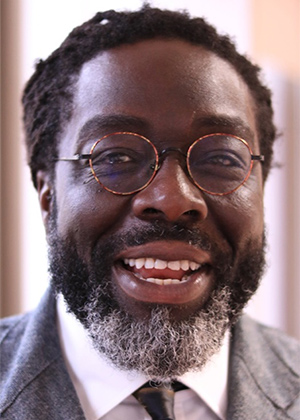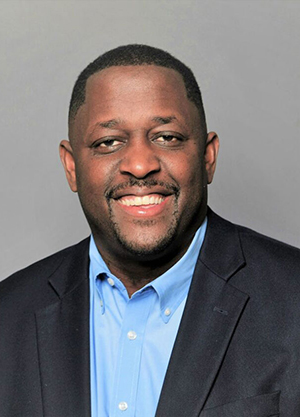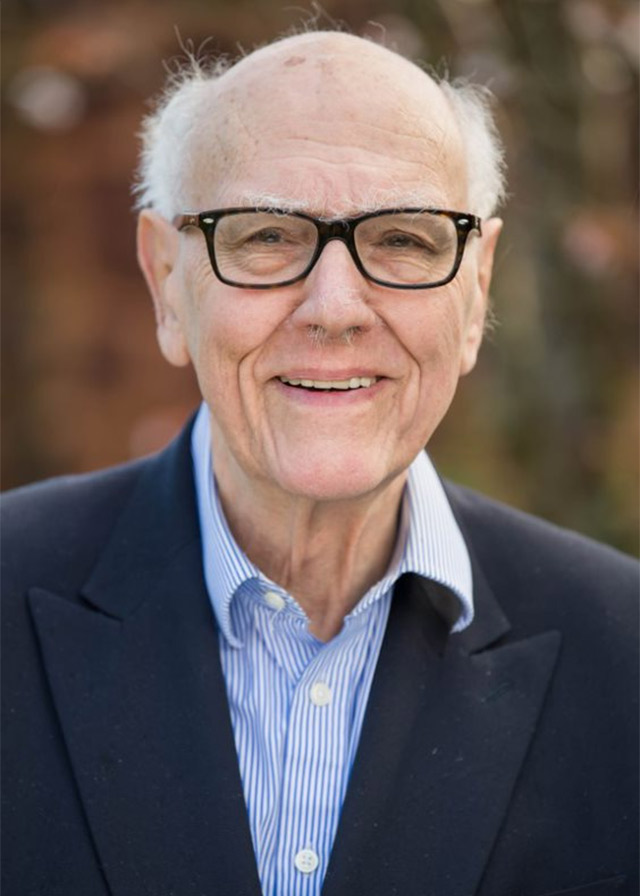
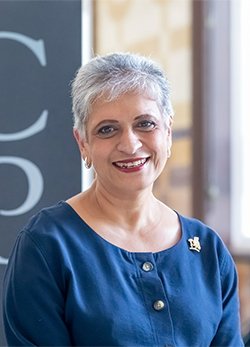
General Election: What is the RCGP doing?
We meet Dr Jeanette Dickson, Chair of the Academy of Medical Royal Colleges who is living her ethos that medical leadership and frontline patient care can be combined
‘Authentic’ is the word most people use to describe Dr Jeanette Dickson, she says. And that comes through loud and clear as we speak in the basement of the Clerkenwell headquarters of the Academy of Medical Royal Colleges, which she now chairs. She says things as she sees them, steers clear of buzzwords, and speaks frankly about the challenges facing the medical workforce, the NHS and royal colleges themselves.
“I’m the ultimate vocationally trained person, really,” she says, “I’m not the traditional ‘always wanted to be a doctor’, I knew I was going to have to work and support myself my whole life, so I was looking at a degree for a job.”
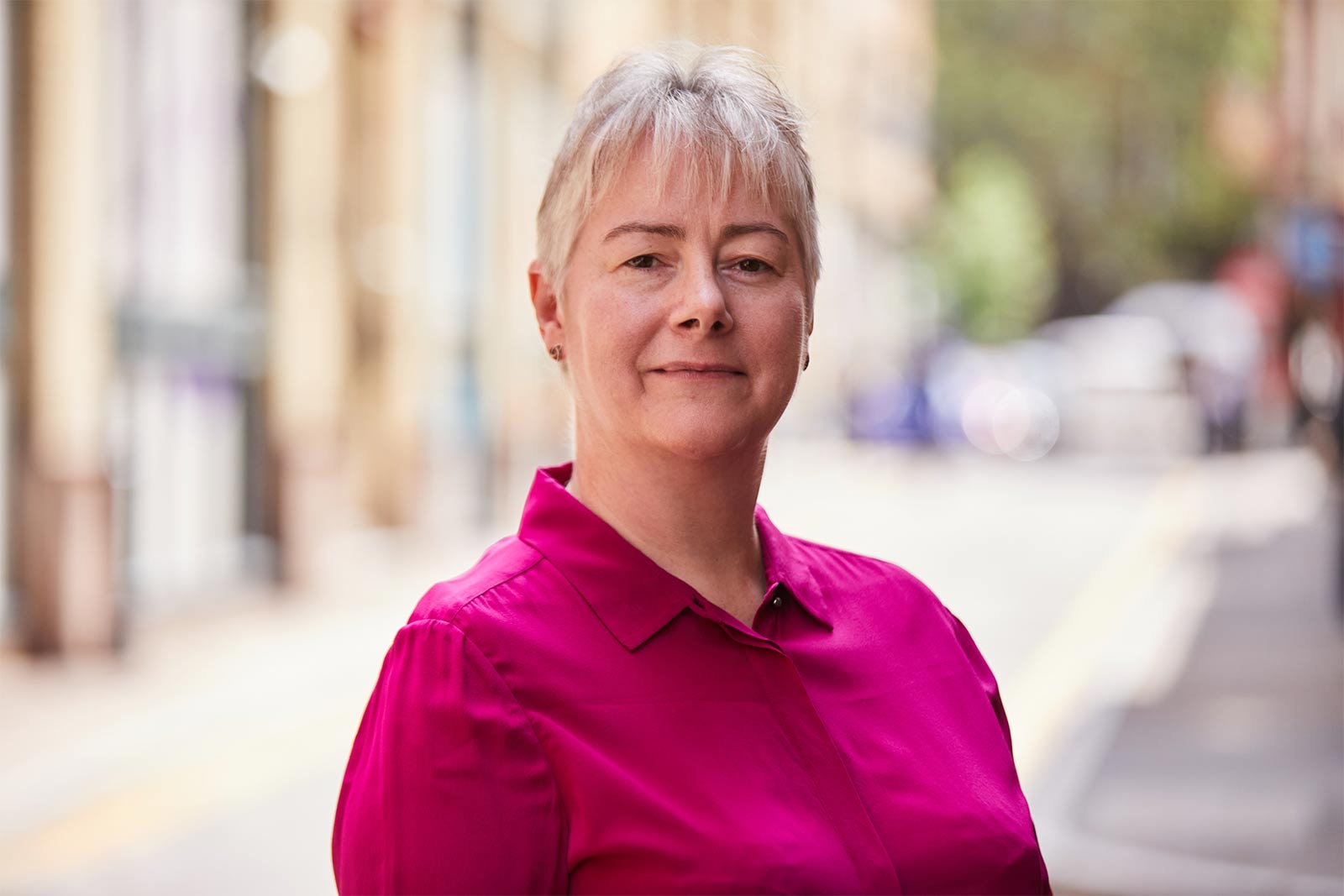
Jeanette wasn’t the first member of her family to go to university, but she was one of them. Members of her family worked in healthcare – her mother was a psychiatric nurse - although weren’t doctors. But being a doctor ‘appealed’. “I went in thinking I could help people, not make everybody better, but make the person in front of me better,” she explains.
This is also the root of why she chose clinical oncology as a specialty. She describes training in Glasgow in the 1980s where everyone on the hospital ward ‘either had heart disease or cancer’ and whilst those with heart issues were given a treatment plan, those with cancer ‘were sent to the cancer centre where nobody knew what was happening’. That is until she spent time in the centre herself where she was struck by the patient-centric nature of cancer care.
“It was a time when patient co-production of decision-making was not a big thing, but it was for those patients,” she explains, describing how doctors in the cancer centre would discuss with patients how different treatment plans might lead to different outcomes. “In those days, we didn’t talk about prognosis anywhere but cancer, so I quite liked the honesty.”
Now as Chair of the AoMRC, having led the Royal College of Radiologists (RCR) through the pandemic, Jeanette thinks medical leadership is ‘incredibly important’ because ‘clinicians respond to a clinical voice – not always a managerial one’. She describes her journey into medical leadership as ‘organic’ – but the one constant in all her roles, from doctor to team leader to clinical director to national positions, has been prioritising the patient.
“I started off with the patient in front of me, then it’s been bigger groups of patients, and now it’s the system,” she explains, refuting any assumption that climbing the ladder of medical leadership means less focus on patients. “If you train your trainees well, the patient benefits… If you run a department well, and the staff are happy and engaged in the care the department delivers, then patients do better.”
Jeanette took over her current role from former RCGP Chair, Prof Dame Helen Stokes-Lampard, against a post-pandemic backdrop of ongoing industrial action and polarising debates about medical associate professionals (MAPs) and transgender healthcare.
It’s something she navigates through speaking to people – not least the various Academy networks, including leaders of the Colleges and Faculties that form it, but also when she’s out and about meeting people.
“I spend a lot of my time, whether at work or not, just getting them to talk and hearing what they’re saying about what’s happening out there. It’s about sense-checking where you are with the team, with peers, with patients. It’s about finding out what the ground-truth is in these situations, and often there is no one ground-truth.”
Her keenness to listen was something she honed during her medical school days in Glasgow.
“I trained in a different age to now, with people shouting at me. When that happens, you sometimes realise the loud voices have very good things to say, but sometimes the quieter voices are more thoughtful and productive.”
I started off with the patient in front of me, then it’s been bigger groups of patients, and now it’s the system. If you train your trainees well, the patient benefits... If you run a department well, and the staff are happy and engaged in the care the department delivers, then patients do better.
Earlier this year, the Academy developed an induction course for those who will become responsible for dealing with initial referrals for gender dysphoria following reforms of child gender services recommended by Dr Hilary Cass in her independent review.
“We took a decision to treat the patient as the person most important, not the polarised opinions, but the patient.”
She credits the Academy’s success in producing this work to being able to take a step back and working out how they could approach it in an objective and patient-centric way, then convening a group with appropriate people whilst making sure there was no overwhelming voice in the finished product.
With MAPs, she has been able to draw more on her own experience. “I have spent my whole adult career working in an extended team. It’s a multi-professional team – I lead it and hold the risk nobody else will hold. I do the training and if there’s a problem, they come to me. That’s what I bring to the party, but I know I don’t need to bring everything to the party, and the patient doesn’t need me to. I’ve been working like that forever, so to me that is where MAPs are,” she says, explaining her position.
“Say you have 100 patients waiting. I can deliver care to 10 of them – that’s gold standard care, consultant-delivered care. If I work in a team, I can deliver good care to 100 of them… I’ll always be delivering care to [some] of them because nobody else can do that.”
Jeanette is optimistic that if this becomes the mindset, there is a way through the current situation that is concerning clinicians working in all specialties, not least GPs. “We need to reposition the question to ask: ‘What does the team allow me to give up so that I can do the tough stuff that only I can do?’ I’m never going to be replaced by the team, but the team can help me so that I don’t have to be burnt out by the time I’m 35. The work will never go away.”
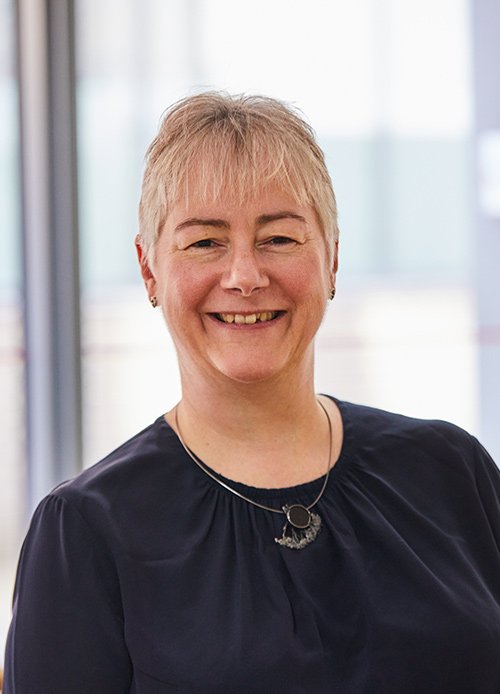
Another area of work the Academy has been focussing on is improving the interface between primary and secondary care – something she inherited from her predecessor.
”Everybody’s really busy, everybody is overworked, everybody is struggling to deliver the care they want to, given the demand.
“I think actively not thinking of ourselves as secondary care, primary care, community care, social care, prevention [but] the healthcare delivery system would allow us to see greater synergies and where positive change can happen,” she says.
The Academy’s report – published when Helen Stokes-Lampard was Chair and used by NHS England as part of their primary care recovery plan - highlighted examples of good practice where primary and secondary care are working well together. “Patients can fall through the cracks anywhere, but the most dangerous bit is the interface,” Jeanette explains, making clear that the case studies included in the report are not intended to prescribe how GP practices and hospitals should work, but to give ideas and suggestions as to how they could, based on positive experiences.
The interface is significant to Jeanette’s role because as Chair of the Academy, she presides over its Council made up of the leaders of all medical royal colleges and faculties across the UK, covering primary and secondary care. The RCGP has two seats at the Academy, and a permanent seat in the Officer team – currently RCGP Chair Prof Kamila Hawthorne, who is also a member of its Trustee Board.
She says the shift from being President of the RCR to Chair of AoMRC was aided because the RCR represents two specialties – clinical oncology and radiology – and, as an oncologist, she was also used to working closely with other specialties: GPs, surgeons, physicians. Nevertheless, she recognises the challenge of shifting from ‘managing one College with 16,000 members who roughly have the same problem to 24 that have different problems at different times and see things in different ways’.
Her solution, once again, is to stand back, work out what the members have in common and work out how to move forward in the best interests of healthcare delivery and patients.
“As a President of a royal college, or the Chair in the case of the RCGP, you have a vast membership of very different people to keep happy. You’re never going to keep everybody happy. You’re going to upset everybody at some point – the question is whether you do that by being consistent, listening to people’s points of view and talking them through yours – or by saying yes to them today and no to them tomorrow. I’m very much in the former camp.”
One example where ‘walking this impossible tightrope’ is most pronounced, Jeanette says, is when royal colleges receive requests from members to intervene in global issues.
“It’s very difficult,” she says, “natural disasters, for example are more clear-cut – but they are not usually the ones you are asked about, it is usually the more controversial issues. Take Gaza: show me a College that doesn’t have Palestinian and Jewish members and members who have relatives in the Middle East. What are you aiming to achieve [by intervening] other than saying the situation is unthinkable?’
Jeanette says that sometimes there are ways Colleges can help, for example, when Ukraine was invaded by Russia, conversations were had at RCR whether radiology services could be provided at a distance – and the Royal College of Psychiatrists have signposted to mental health services for those impacted by the situation in Israel and Palestine. But whilst she understands why members might look to their professional body to reflect their feelings or interests, she is wary about organisations intervening in issues outside their expertise.
“Doctors want to help people,” she explains, “so a statement will help because it can’t hurt. Right? But unless you’re really immersed in geopolitics, you don’t know what a statement can do... It’s very tricky. You have members and fellows who work abroad, have relatives and colleagues abroad, who are on the ground delivering aid and you want to do something and the instinct as a doctor is to help.”
Another ‘tricky’ area for College leaders, Jeanette says, is when members call on Colleges to stray into issues that are the remit of trade unions.
“It’s really important to have a strong trade union voice in the medical landscape, but I think a strong, functional, professional standards voice and educator voice is important too. They’re complementary.”
She says the ‘last thing’ any leader of a medical royal college will want to do is tell their members that they can’t deliver something that is being asked for – but that it’s important to be clear about the distinction.
Jeanette doesn’t believe the ‘fuzziness’ between where a trade union ends and a professional body begins is as big as many might think it is – and thinks medicine would be a worse place if there wasn’t space for both. The challenge for her and leaders of the Academy’s member colleges, she asserts, is to make the case that whilst there is a lot of ‘disaffection’ within healthcare delivery at the moment, it remains vital to talk about standards - and set out a vision for members about a brighter future for them and the care they’re able to deliver to their patients.
“I’m old enough to remember how bad the NHS was in the 90s before Tony Blair waved his magic money tree at it. But many younger than me have only seen things become more and more constrained, whereas I’ve seen it being worse and get better. I know it can change.”
Just under a year into her role, Jeanette has another two left in office, and wants to spend that time reigniting younger doctors’ joy in medicine. “Medicine is great. I would do it again in an instant,” she reflects and with suitable authenticity, “if we don’t at least try [to bring the joy back into medicine] I have real concerns about the ability to attract the future generation.”
Read more
Thank you for your feedback. Your response will help improve this page.
